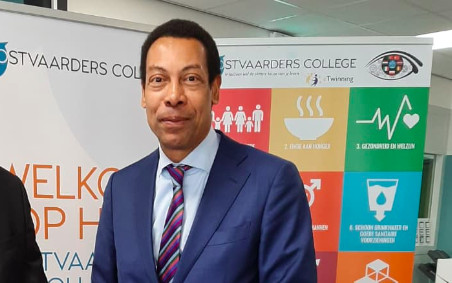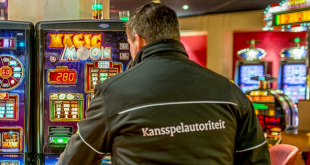The Dutch government has been warned against implementing ‘playing limits’ as endorsed by Legal Protections’ Minister Franc Weerwind.
The warning came from the Dutch Advisory Board on Regulatory Burden (ATR), an independent watchdog scrutinising “regulatory burdens” on business, consumers, and stakeholders in healthcare, education and public welfare.
In February, Minister Weerwind launched a consultation on imposing playing limits as a mandatory requirement of the Remote Gambling Act (KOA).
Measures proposed by Weerwind, would see KOA-licensed operators adopt a mandatory monthly financial risk checks on customer accounts that spend over €350. The Minister further endorsed applying a compulsory loss-limit on player accounts under the age of 24, set at a threshold of €150 losses.
The playing limits will be further strengthened by operators ensuring that customers are contacted by trained staff on gambling addiction and the requirement for operators to provide customer ‘care warnings’ every 30 minutes.

Weerwind, who leads the regulatory overhaul of Dutch gambling, stands by playing limits as the most comprehensive measure to minimise gambling addiction risks and to protect young and vulnerable consumers.
Providing its feedback the ATR questioned the ‘need for the scheme’ and whether the minister had evaluated key considerations to implement technical changes and whether playing limits will carry their desired effects.
As a consumer protection body, the ATR deemed playing limits as a highly technical mechanism to implement, as requirements will pose operational challenges on KOA-licensed operators.
The concerns of Kindred Group were also highlighted, who foresee increasing Dutch customer care headcount by 50% to meet the one-on-one intervention demands of the proposal.
The ATR questioned why Weerwind had considered less burdensome alternatives to regulate online gambling and protect consumers.
Deemed a more suitable alternative, the watchdog proposed that playing limit requirements be replaced with a ban on ‘high playing limits’. This approach would eliminate the need for one-on-one contacts and reduce operational changes and staff burdens.
Further recommendations saw the ATR outline its support for a ban on gambling advertising, viewed as an effective measure to ‘moderate player behaviours’ as desired by the KOA regulatory overhaul.
As it is, ATR suggested that the above points be taken into consideration first before any decision is made to move forward with Weerwind’s vision.
According to the watchdog, more consultations are needed to properly assess the response of all relevant parties to the newly-issued ATR market guidelines.
Additionally, a report was commissioned by the ATR on the regulatory pressure to be enacted by consultancy agency Sira Consulting.
The report was finalised and published just after consultations on the KOA reforms closed in early April, leading ATR to believe that they should be reopened again to include further stakeholder’ feedback on it.
Estimates from that report showed that under the current game limit proposals, between 3% and 5% of players are likely to seek an increase of their deposit limits – alleviating the player control pressure.
Moreover, the addition of ATR’s game limits recommendations would mean an average one-off cost of €136,102 per provider, for an estimated total of between €2.27m-€5.07m.
June and October are scheduled as the months in which the KOA market will impose further responsible gambling policies, including new licensing duties on customer cares, safer gambling interventions and record keeping of problematic behaviours.
The Kamer continues to debate changes to the KOA market, in which reformists won narrow motions to ban high risk games and implement a ban on gambling advertising.









